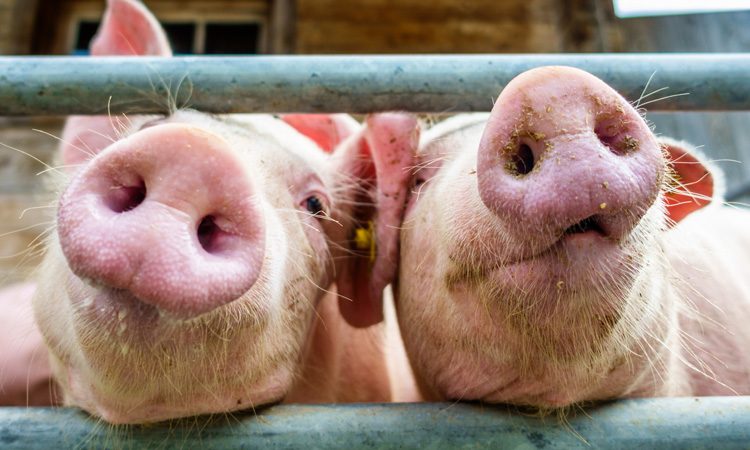Germany confirms case of African Swine Fever
- Like
- Digg
- Del
- Tumblr
- VKontakte
- Buffer
- Love This
- Odnoklassniki
- Meneame
- Blogger
- Amazon
- Yahoo Mail
- Gmail
- AOL
- Newsvine
- HackerNews
- Evernote
- MySpace
- Mail.ru
- Viadeo
- Line
- Comments
- Yummly
- SMS
- Viber
- Telegram
- Subscribe
- Skype
- Facebook Messenger
- Kakao
- LiveJournal
- Yammer
- Edgar
- Fintel
- Mix
- Instapaper
- Copy Link
Posted: 10 September 2020 | Bethan Grylls (New Food) | No comments yet
Wild boar in Germany have been infected with ASF, potentially causing significant disruption to global pork market.


Cases of African Swine Fever have been reported in western Germany
Following a confirmed case of infected wild boars in Germany, the nation’s Federal Agriculture Minister, Julia Klöckner, has announced a series of strict measures to avoid contamination, along with the implementation of a crisis management plan.
The situation was “considered probable for some time”, due to a case of African Swine Fever (ASF) in Poland close to the German border. In February, analysts AHDB warned of the spread in a report and highlighted the impacts of a confirmed case in Europe’s biggest pork producer and exporter.
“Many exporters outside the EU tend to place a total ban on pork imports from ASF infected countries, even if the disease is just in wild boar,” AHBD wrote. This means that pork intended for exportation would be “trapped” in the EU market, increasing supplies and lowering pig prices.
One of German’s main markets is China which has been experiencing a serious shortage in pork due to an outbreak of ASF there, and it is still unknown how China will react to the news.
Meanwhile, EU pork production is already seeing a dip, most likely because of the on-going pandemic. According to AHDB, it will be “broadly stable” for the remainder of the year…but who knows how long this will ensue?
“The identification of infected wild boars in Germany today [10 September 2020] is of course a source of concern for the whole European pig meat sector,” said Pekka Pesonen, Copa and Cogeca Secretary-General. “Nevertheless, we should be reassured. Germany proved its capacity for rapid response and effective actions while the Brandenburg region has a low pig production. The recent and positive management by Belgian and Czech authorities of ASF shows that biosecurity measures taken by farmers and public authorities are efficient in the EU.”
The Chair of the Copa-Cogeca Working Party on Pig meat, Antonio Tavares, is now calling on EU business partners to “respond in a proportionate manner” to Klöckner’s announcement, acknowledge all measures in place, and “keep their trust in the sector”.
In the wake of the current pandemic, the scientific community has offered reassurance that ASF can only be transmitted to pigs and wild boars and does not affect humans.








